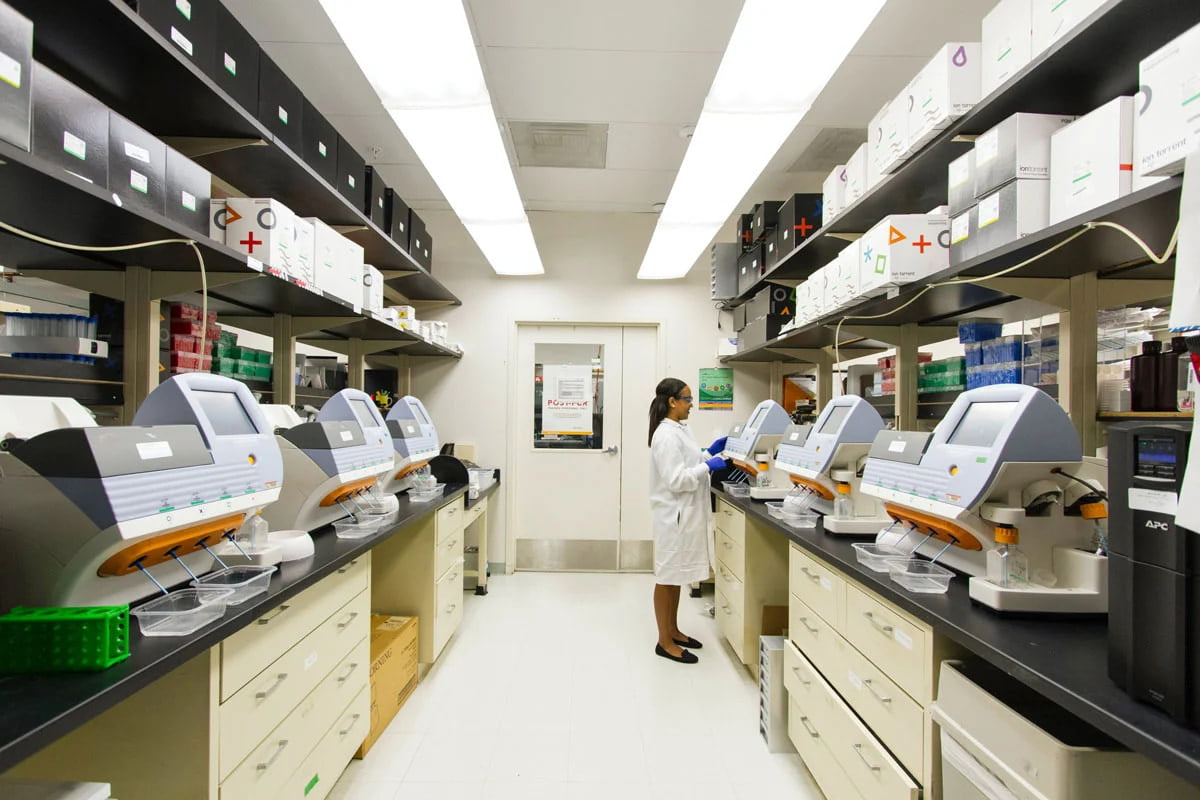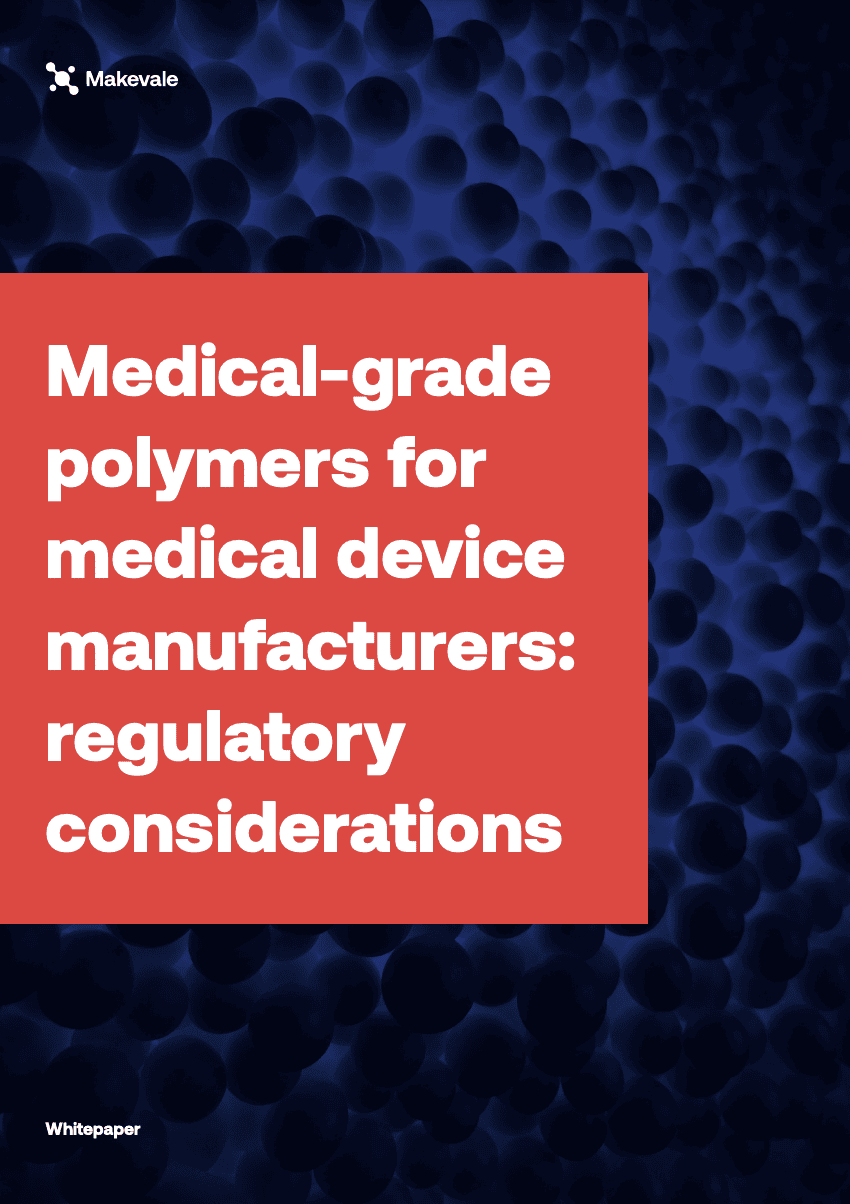
Every industry, and indeed every application, places unique requirements on plastics. Over time, our knowledge of chemistry has grown, presenting brand new opportunities to improve the mechanical and chemical performance of materials. With these properties, manufacturers can significantly improve their operations, reduce wastage, save money, and bring additional value to their products.
Great products are created with great materials. The difficulty is that the chemical qualities and mechanical properties differ for each product, market and application; a high performance polymer for one industry won’t translate its benefits fully into another.
Scientific research has shown that some chemistries and post-production treatments influence chemical and mechanical makeup of polymers in unique ways. With a knowledge of these methods growing, experienced chemists will be able to learn and use techniques created to achieve certain characteristics, and adjust these to work for another application.
There are many techniques available that modify surface characteristics. Surface preparation methods and treatment processes are critical for achieving specific characteristics. For example, Makevale’s chemists were able to use their knowledge of pigmentation used in dental polymers and translate this into the cosmetic nail industry.
In this white paper, we explore some of the process innovations we've made at Makevale and discuss how they impact the performance of our materials. These innovations are making manufacturing more efficient, reducing wastage and providing materials with new qualities. Learn more by downloading the paper below.
